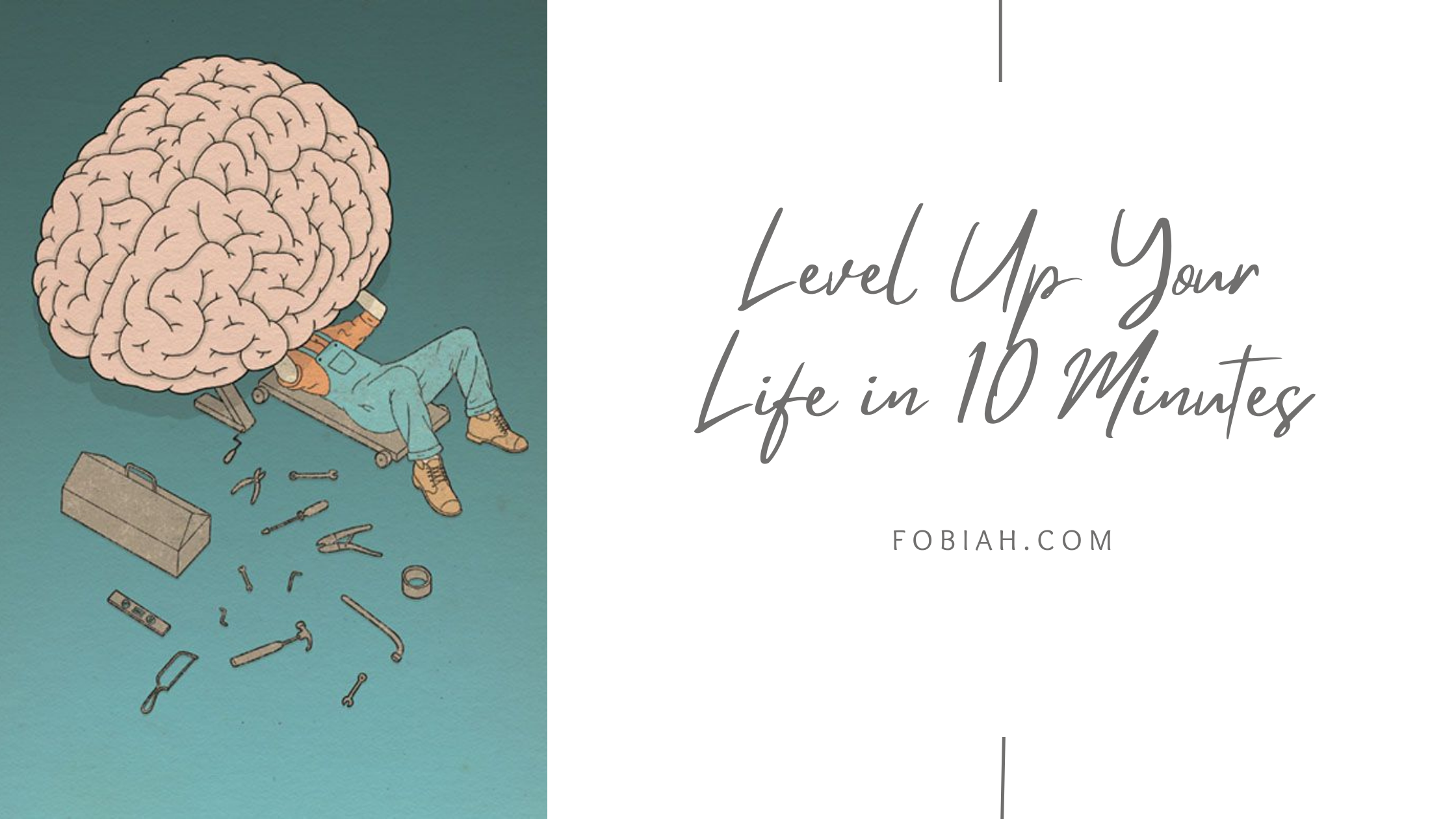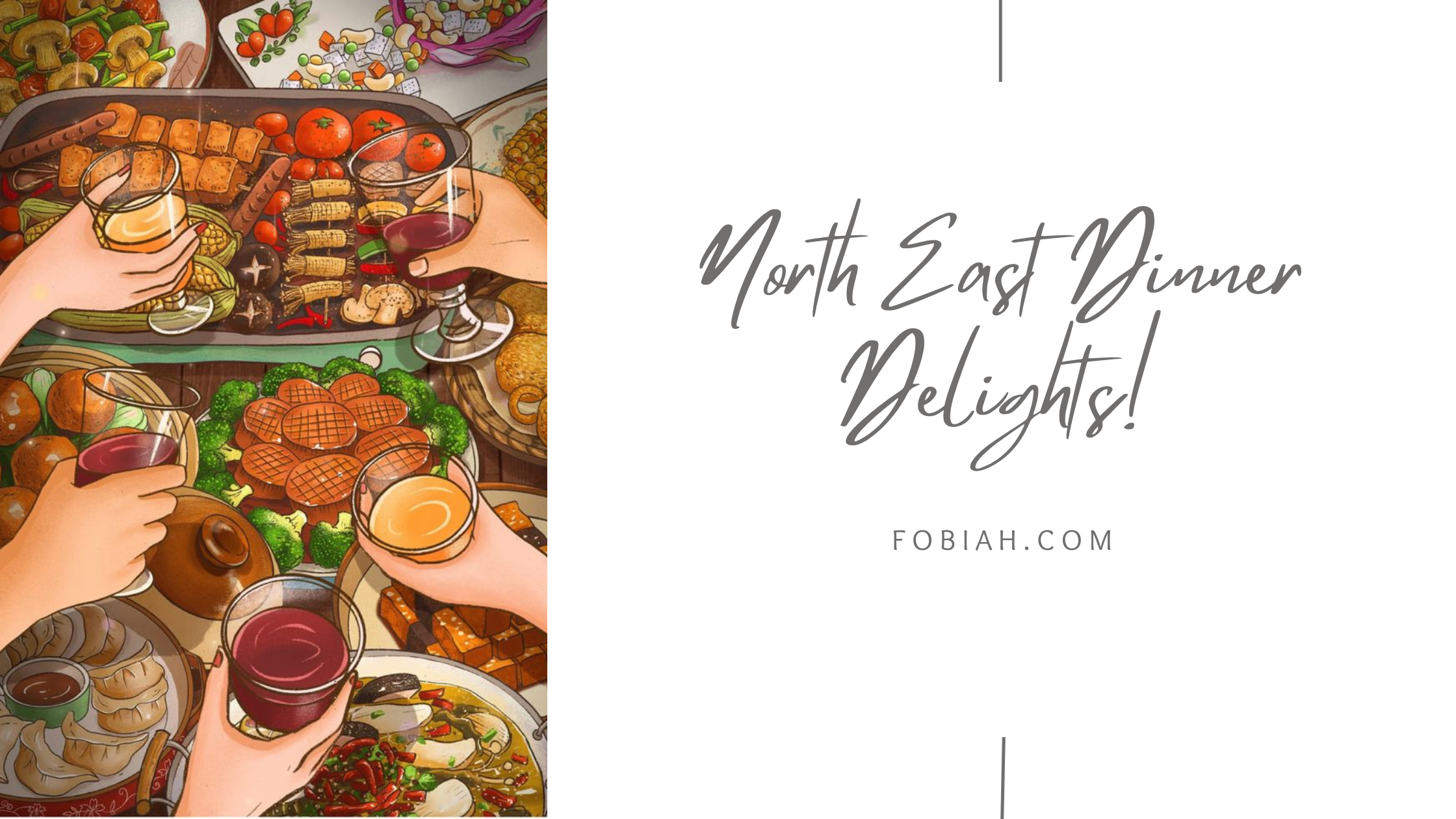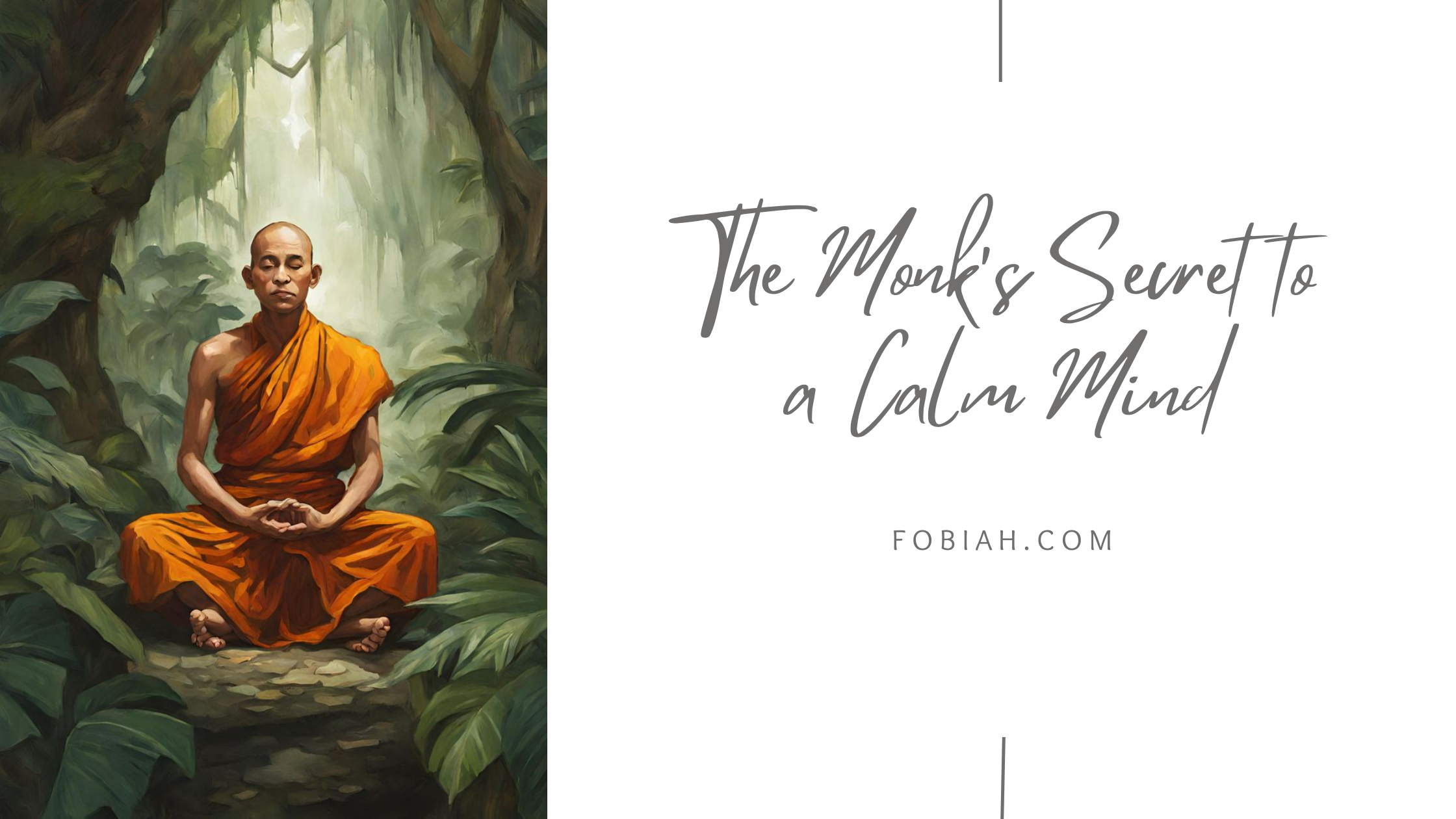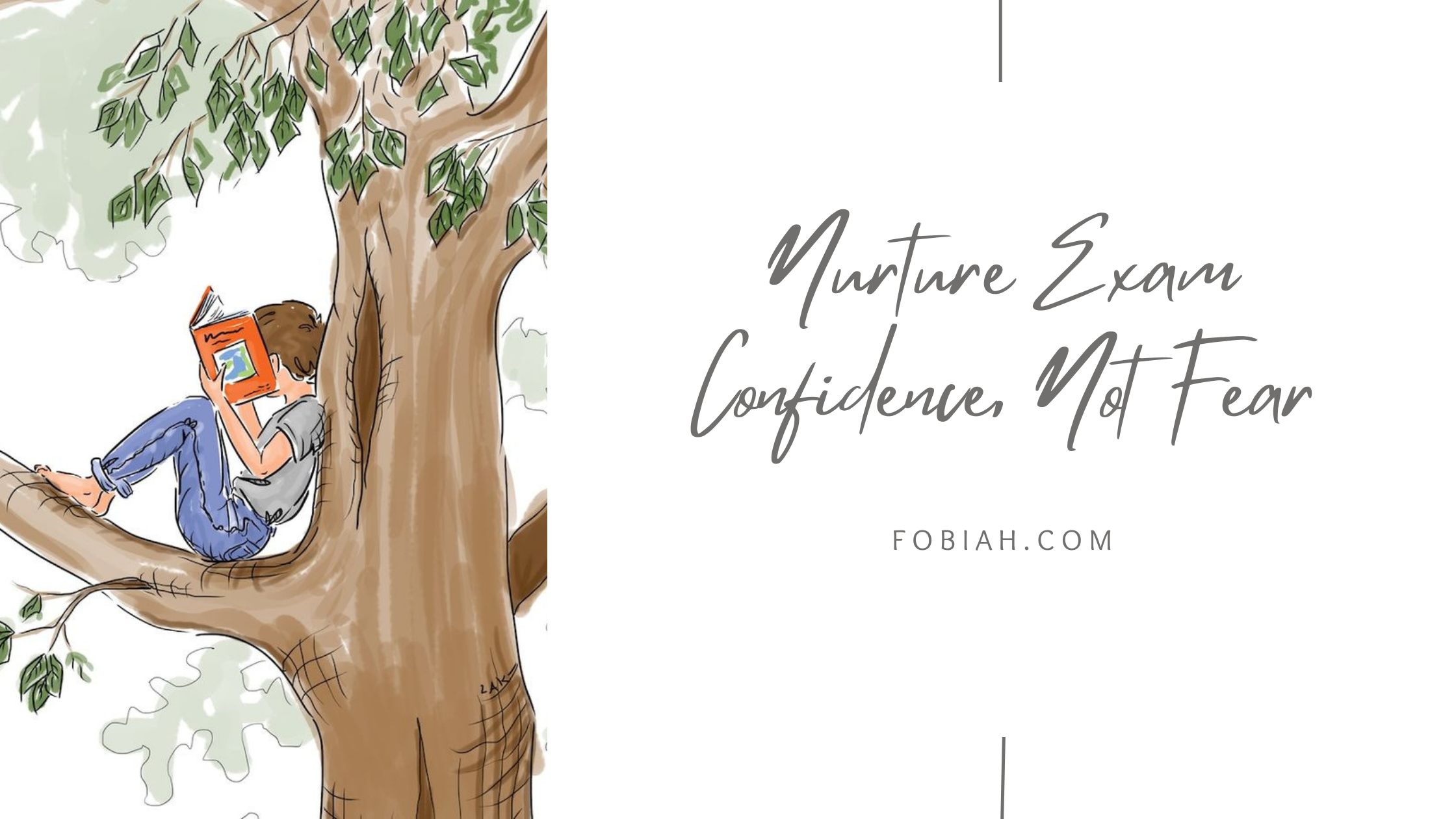How to Save Someone From Choking (Heimlich Maneuver)
This might sound a little intense, but it’s a life-saving skill that takes less than 10 minutes to learn. I took a basic CPR and Heimlich course, and though I’ve thankfully never had to use it, knowing how to perform the Heimlich maneuver gives me peace of mind in emergencies.
- Key Steps: Stand behind the person, place your fist above their belly button, and thrust inward and upward until the object is dislodged. Watch a quick video, and you’ll be prepared.
How to Fold a Fitted Sheet
Folding fitted sheets used to drive me crazy! They’d always end up as a crumpled mess in the closet. Then, I came across a quick video showing me how to learn to properly fold them. It takes all of 5 minutes to learn: tuck in the corners, fold it in thirds, and flatten it out. Now, my linen closet looks neat and organized.
- Bonus: This trick impresses guests when they see how organized your sheets are!
How to Google Like a Pro
We all use Google daily, but learning how to use it more efficiently can save time and get you better results. For instance, using quotation marks around a phrase (“best restaurants in town”) gives you exact results, and adding a minus sign (-) can exclude certain terms. These little tweaks make searching faster and more productive.
- Example: Searching “best Italian restaurants near me -chain” will show local spots but exclude big chains.
The 10-Second Rule for Cleanliness
I used to procrastinate when it came to cleaning. Then I stumbled upon the “10-second rule”: if something takes less than 10 seconds to do, just do it immediately. This applies to things like putting away dishes, wiping a counter, or hanging up a coat. It sounds small, but it adds up to a cleaner, more organized home without the effort piling up.
- Personal Experience: Now, I don’t have to dedicate an entire afternoon to tidying up. It’s small actions that make the difference! I have now learn to keep these things in mind, and it has become a habit.
How to Win a Fight (Or Avoid One)
If you find yourself in a physical altercation, it’s important to stay calm and observe. Most inexperienced fighters will repeat the same moves, which you can use to your advantage. But remember, if you can: Run. If that’s not an option, hit first. The first move often determines the outcome of a fight. But the best tip? Avoid it if possible!
- Key Tip: De-escalation is always the smartest strategy—don’t fight unless you absolutely have to.
Saving a Drowning Person Safely
This might sound intense, but it’s a skill that can save lives. If someone is drowning, they’re likely to panic, which can put both of you at risk. It’s safer to wait until they’re exhausted or approach them from behind. If they grab onto you in panic, it’s best to dive down to escape their grip and try again from a better position.
- Safety First: If you can throw them a floatation device, do that before getting in the water yourself.
Emotions Don’t Require Immediate Action
One of the most liberating things I’ve learned is that just because you feel something doesn’t mean you have to act on it. You can acknowledge your emotions without letting them dictate your actions. For example, you might feel frustrated at work, but choosing to focus on the task at hand can yield better results than acting impulsively.
- Remember: Emotions are valid, but they don’t always require an immediate response.
You Always Have a Choice
This lesson changed my perspective on life. No matter the circumstances, you always have a choice. You can choose how you respond to situations, how you present yourself, and what mindset you adopt. Saying, “I choose to be confident” or “I choose to get this task done” empowers you to take control of the moment and lets you know that you have agreed to a thing.
- Pro Tip: Your choices, no matter how small, define your reality. Make conscious decisions to shape the life you want.
Greek Philosophy: A Glimpse into Wisdom
Ancient Greek philosophers identified three key types of knowledge that can help us understand the world in a deeper way: doxa, episteme, and gnosis. Each represents a different way of knowing:
- Doxa is the knowledge you acquire from others—things you believe because you’ve read or been told. It’s essentially opinion-based knowledge.
- Episteme refers to what we generally call “knowledge” in English—facts and information that have been taught, justified, or scientifically proven.
- Gnosis is personal and experiential knowledge, conclusions you draw based on your own lived experiences.
Understanding these distinctions can offer you a greater sense of awareness in your learning journey. Which form of knowledge do you rely on the most?
Start a Gratitude Journal
Journaling has always been one of my go-to habits for boosting happiness and reducing stress. A gratitude journal, in particular, can have profound effects on your overall well-being. Every day, simply write down three things you’re grateful for—whether big or small—and watch how your mindset shifts. I usually start my day by reflecting on my blessings over a cup of coffee, and it’s an instant mood booster. As i learned how to journey, I understood there is no right way to start, because as you start you learn it on your own.
- Evening Tip: You can also end your day with a gratitude journal and a cup of tea to wind down peacefully before bed.





